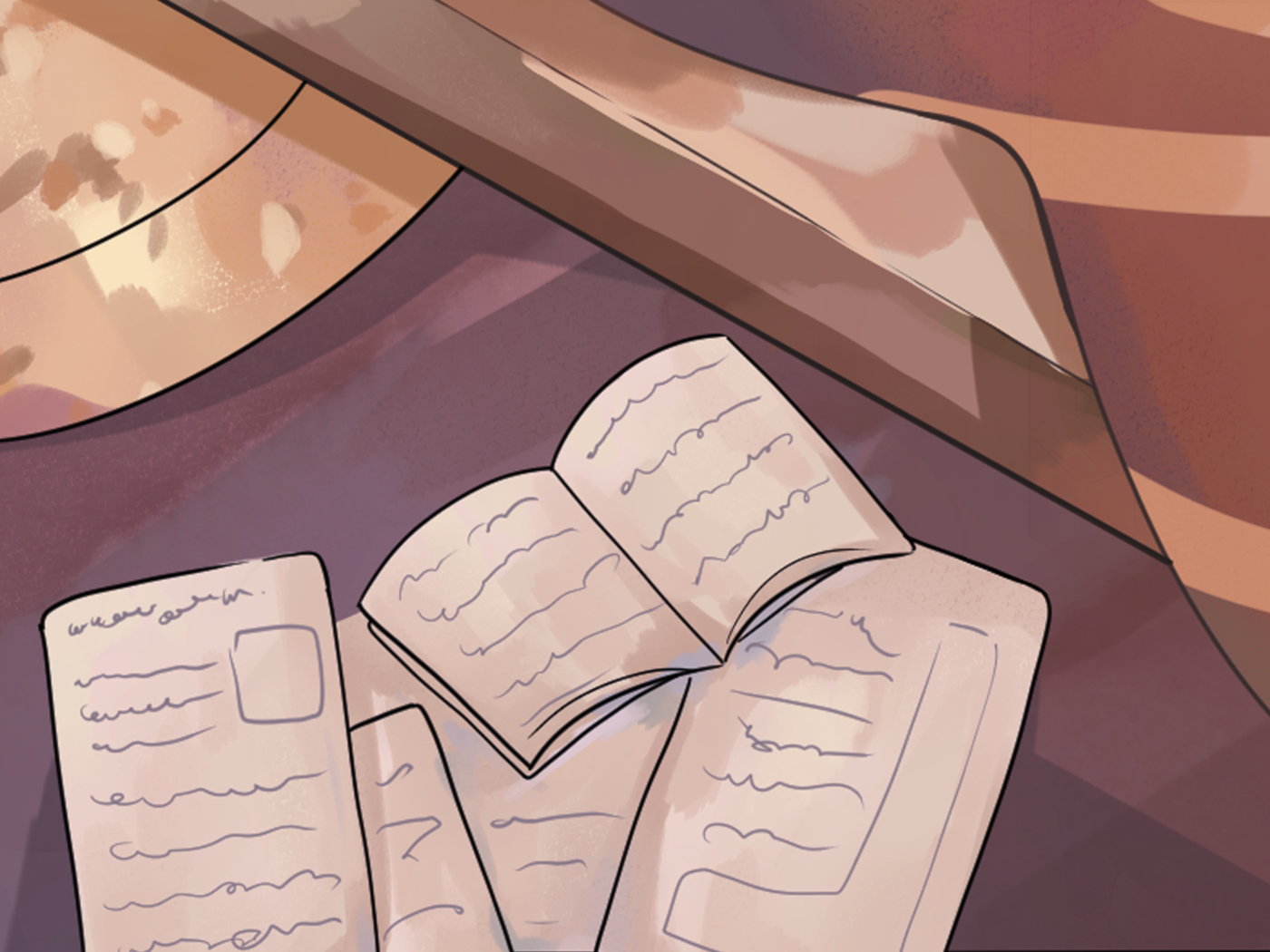FOR MANY, being a college student means living away from home. Finding a home away from home, students often resort to campus dormitories for housing accommodations.
Within the Ateneo campus, the University Residence Halls (URH) stand proud as the school’s official dormitories. Comprising several buildings such as Eliazo Hall, Cervini Hall, and the International Residence Hall (IRH), the URH has housed student dormers for over 15 years.
However, with the onsite hiatus brought by the pandemic, the University’s dormitories are only recently getting flocked again with residents. As such, Ateneo’s dormitories remain unfamiliar to many students—more specifically, its culture and community.
Upping the upkeep
Amid this veil of ambiguity, there are Ateneans who have experienced first-hand what it is like to live in Ateneo. Their stories implore remarkable insights into the livelihood that exists within campus walls.
Yandor*, a former Eliazo Hall resident, regards dormitories as a “place for motivation.” Despite having been a URH resident for only a semester, he believes that the quality of a student’s living conditions is crucial to ensuring their well-being and performance in school.
Filled with various meeting rooms, offices, and communal halls, Ateneo’s dormitories serve as a student hub for academic excellence. They also serve as a place for reprieve away from the hustle and bustle of University life.
“I think a lot of people do not realize how peaceful Ateneo is during the night. There’s just something about Ateneo at night that helps you focus,” he shares. Yandor also recalls taking late-night walks around campus to help him unwind from academic stress.
Other campus residents also find solace in the University’s dormitory halls. Ari Tanglao (3 BS ME), a resident at the IRH, appreciates the convenience that comes with living at school. Tanglao shares that living on campus grants her the opportunity to recharge at any moment, especially in between classes.
Like all homes, however, Ateneo’s dormitories house its very own bulk of complaints and recommendations. Yandor recalls that although he enjoyed his stay at Eliazo Hall, he wished that the amenities and facilities were more up-to-date.
With many students residing at the URH for onsite classes, addressing its concerns is relevant in ensuring positive formation among its residents.
Close-knit community
With Ateneans occupying dormitory rooms, the URH community has begun springing back to life. Residents have started to build connections with each other within the shared space they call home.
To support the dormer sector in its reactivation, residents coalesce to form a new central board for the Ateneo Resident Students Association (ARSA). This year, leading them is ARSA President Precious Sweetlene Puspus (4 AB POS) from the IRH.
As of writing, the ARSA central board is preoccupied with its transition from its previous and long-inactive batch of members. However, Puspus mentions that their prospective plans revolve around rallying University stakeholders in community-building efforts to improve dormitory facilities.
“I think what makes ARSA really specific with its services is that we’re not just trying to service a sector. We’re trying to service a home where people live—and this should be their most comfortable and pleasing place that they would stay in,” Puspus emphasizes.
Looking ahead, Puspus and the other central board members plan on ensuring the sustainability and continuity of ARSA even when their terms are over. However, what worries them is the challenge of fostering camaraderie between different batches as most of the current dormers are first-time residents.
Puspus is optimistic about the future of the dormer sector, now that residents can actually practice living as a community. As a testament to this, ARSA has recently grown even larger. In the first semester of AY 2022-2023, for instance, residents from the IRH were integrated into ARSA. They were previously considered as “Associate Resident Students,” who could avail of student-resident services but had limited participation in the sector’s activities and events.
Such integration of IRH dormers into ARSA spells greater diversity in the sector. Puspus mentions that one of the central board’s goals is to foster deeper interaction among residents. For her, what sets the dormer sector apart is the shared space that facilitates closer interaction between residents.
She mentions that the URH, with its lounges and recreational areas, helps students find friends and integrate better into the University. With a lot of them already acquainted with each other, residents could easily ask for assistance from fellow residents.
Additionally, Puspus mentions that the dormer sector’s unique situation made it develop its own distinct culture. Away from family, residents rely on each other for social support.
With their arrival into the dormitories, residents now find themselves becoming accustomed to a new lifestyle.
Second home
Dormitories are more than just a place to sleep in. For many Loyola Schools (LS) student-dormers, the URH is its own community with a culture distinct from that of the rest of the LS. For them, the URH opens up the opportunity to experience the Ateneo in a unique way. Thus, development plans for the URH are integral in enriching the LS dorm culture.
For Puspus, the quality of life in a dormitory goes beyond its amenities and has a lot to do with the culture being cultivated in the community. She finds camaraderie to be the very essence of ARSA.
“Tayo-tayo lang dito. Tayo-tayo lang din ‘yung may alam kung how exactly we are with our current situation (It’s only us here. It’s only us who know exactly about our current situation),” she shares.
As such, the need to preserve the unique culture within the URH calls for a developmental approach to building favorable conditions for those who have chosen to make Ateneo their home away from home.
*Editor’s Note: The name of an interviewee was changed to protect their identity and privacy.







